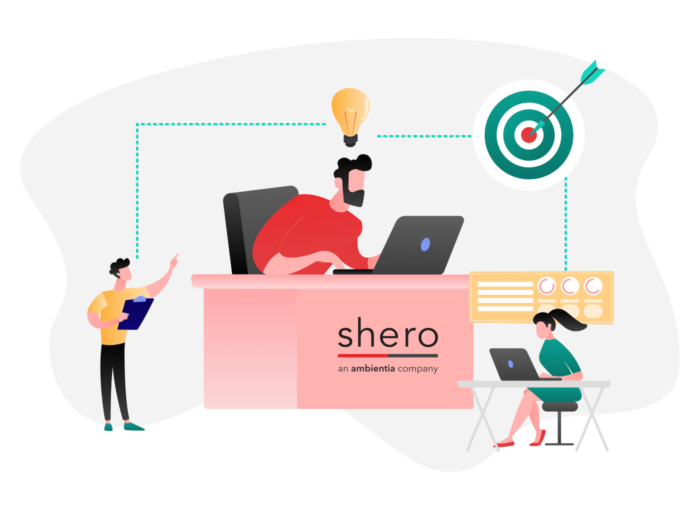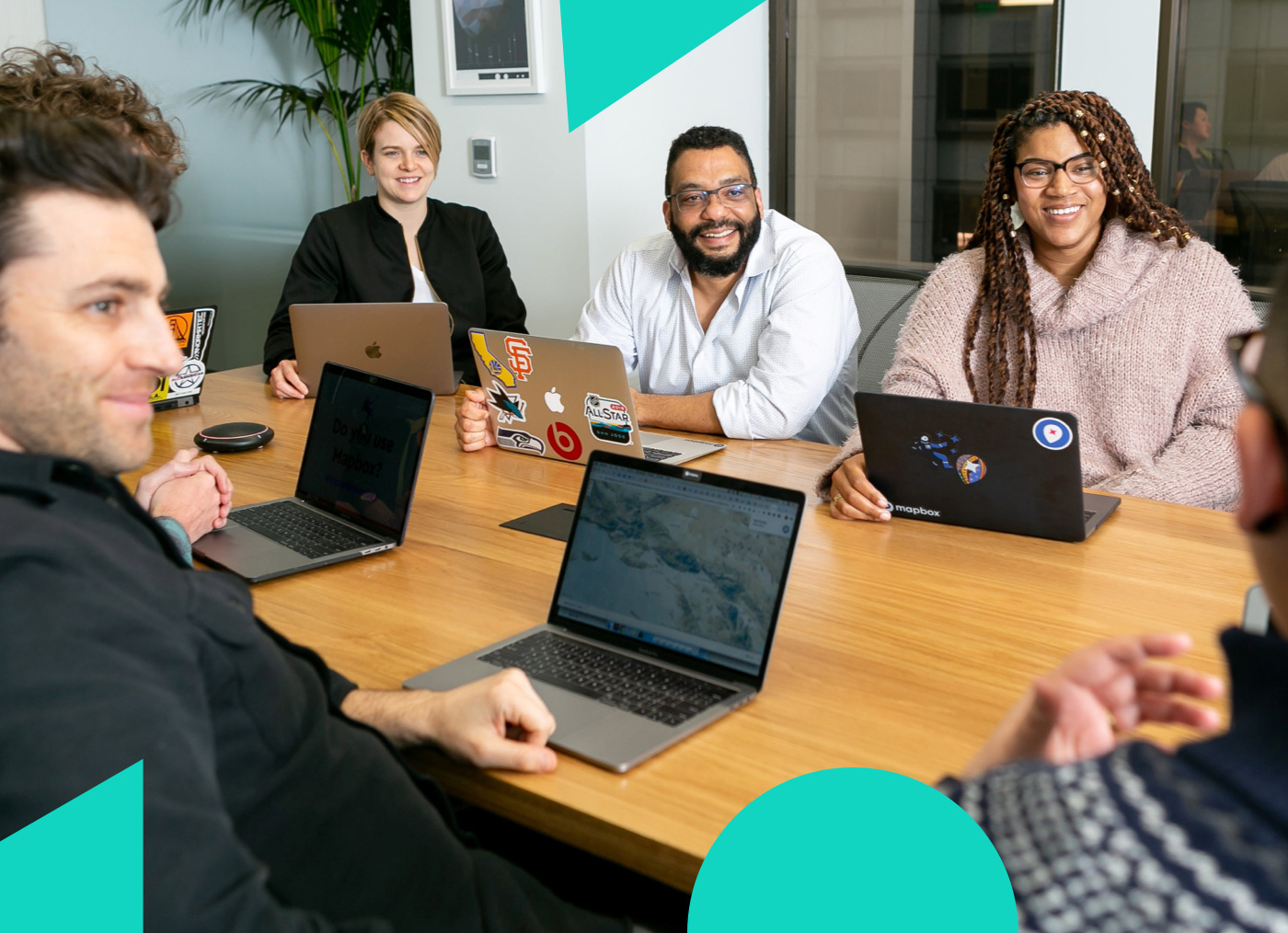Choosing an eCommerce agency is not as easy as it sounds. There’s a lot at stake: costs, sales, customer experience, your brand reputation, just to name a few.
Sure, any agency can market themselves as the best service provider out there, but are they really right for your specific business’s needs?
It’s crucial to ask an agency the right questions to determine whether they can finish your project on your timeline, in your budget, and in a way that keeps your operational needs and customer journey in mind.
But what are the right questions to ask an eCommerce agency?
We’ve got you covered.
Below, you’ll find tried-and-true, real-life examples of questions to ask an agency before committing to a proposal, and why they’ll help you make a better-informed decision. Feel free to pick and choose, or ask each one.
Interested in seeing how we at Shero Commerce would respond to these eCommerce agency questions? Contact us and we’ll gladly answer any questions you have.

Best Questions to Ask When Choosing an eCommerce Agency
1. What sets you apart?
Every agency wants to claim to offer beautifully designed websites designed personalized for your brand and enhancing the customer journey. But what is it that separates the best companies from the rest? Give the agency a chance to explain what sets them apart; you might find that your values might align or differ, or that they pride themselves in a practice that inspires or discourages you.
2. What’s your level of expertise with particular platforms?
If you already know for sure that you want to work on a specific platform like Adobe Commerce powered by Magento, or Shopify Plus, ask the agency what sort of credentials and certifications they have with that particular platform. For instance, we are a Magento Silver Solutions Partner, which means you get access to the latest information that we receive directly from Magento. This allows us to be proactive versus reactive regarding Magento 2 coding standards, new technologies, security measures, and best practices. In addition to being a Solutions Partner, and working directly with Magento for more than 10 years, we have team members—our CTO James Cowie and Gabriel Guarino—who have been selected by Magento as “Magento Masters”. Many of our engineers are Magento 2 certified…
- cloud developers
- backend developers
- frontend developers
- solution specialists.
3. What specific online retail experience do you have related to our industry?
While this might not be a necessity in order for an agency to do a great job on your project, it always helps to know if the team of developers and designers that you work with already have experience in your specific industry. This means they might already have some insight into your target market and operational needs.
4. Do you offer the ability to re-platform or migrate us as we grow?
Sometimes you outgrow your platform, and while that’s great, you’ll want to make sure that the team you work with has the ability to bring you to the next level. Especially if you find your business ready for an enterprise plan like Adobe Commerce Cloud, Shopify Plus, or BigCommerce Enterprise. Ask about their replatforming process, too.
5. What can we expect in terms of communication: What services, how often, and how long does response time take?
It’s important to know whether the agency you choose plans to communicate in the way that works best for you, and in the timeliness that you prefer. While some offer 24/7 support via phone or email, others might be reachable only within office hours and prefer to communicate via Slack or email. It’s important for your needs to align with their offerings.
6. What support do you provide if the site goes down?
Even just minutes of downtime can hurt sales, especially during a busy time or holiday season. Make sure the agency you work with has the resources available to get you back up and running fast. This is a good time to also make sure they manage updates and new technology releases with minimal effect on business.
7. Do you have experience with improving Site Speed?
In today’s fast-paced world, site speed is becoming increasingly important. An eCommerce agency should be prioritizing site speed in all of their projects.
8. What is your project management process?
Will you be assigned one point-person, or will you be working with a revolving team? Is client-care included after the project is launched? Will there be a discovery phase, and how in depth will the agency try to get to know your business’s needs and goals? These are all important aspects of project management.
For instance, here at Shero, you’ll be assigned to a single Shero team member, and then we’ll begin a thorough and well-documented discovery process that is critical for a project’s success. A successful project discovery means that both teams feel confident about the goals of the project, the project’s stakeholders, the scope of work involved, and the success criteria. On our blog, we discuss more about what a project discovery phase entails.
9. What to ask about an agency’s current clients:
Even if client information is private, you can still inquire about an agency’s retention
- What’s your client year on year retention % rate? and how many active clients do you presently have?
- Do you have any existing clients that may create a potential conflict of interest if we choose to work with yourselves?
Do you sign an NDA with us as your client and all your other clients?
10. If at some point during the project one of us needs to part ways, what process do you have in place to ensure a smooth transition?
Of course, no one wants to part ways mid-project, but sometimes it happens and it’s best to be prepared by knowing what the plan of action would be if the project is unable to be completed.
11. If customizations are created, who owns the intellectual property of the code?
This might not seem important at first, but if you ever find that you want to make changes down the road and use a different agency, you’ll want to have ownership. At Shero, for instance, the client retains complete ownership over any piece of custom-developed code for their project, as a benefit to our clients.
12. How do you structure things with whose responsibility is what when we have an in house Magento developer?
Having your own in-house developer can make things easier for a client, but it’s best to have clear expectations about which team will be responsible for specific tasks.
13. What will you require from us, in order to ensure a successful partnership?
The more you can clearly set expectations with your eCommerce team, the better. That includes communication, turnaround times, and other mutual needs.
14. Do you work with 3rd-party service providers such as marketing agencies, tax services, etc.?
If you plan to use an eCommerce platform that either requires or can benefit from third-party integrations, it helps to know which partner technologies the agency is associated with.
15. Questions to ask about cost:
Costs are not one-size-fits-all and it’s important to see where you stand financially. The following questions help you to better understand whether the company you’re interviewing is able to work within your budget.
- What is the cost to Onboard
- Is there a suggested SLA (including hourly rate)
- What hourly rate is project work charged at?
- Is time quoted on best effort or + added%?
16. What areas do you think your company can work on to become a better agency?
Nobody’s perfect. And a great eCommerce agency is one that will continually strive to do better, both for their own personal development themselves and for their clients. This question offers insight into how innovative and progressive an agency is willing to be.
17. How do you try to improve your clients’ success for longer term growth relationships? Any examples of this?
The relationship between an agency and a merchant doesn’t end at launch. You’ll want to ensure that this is a long-term relationship that supports your growth and is there with you every step, from tech upgrades and monthly maintenance, to SEO strategies for ever-changing algorithms, to migrations and replatforming to fit your future needs.
18. Reference requests:
References and portfolio examples might change depending on the particular project, but here are some common, reasonable requests for design work.
- Please provide 2-3 web design/UX project examples that you’ve completed.
- Please show an example of custom coding that you’ve done for a client.
- Any additional client projects that you’re particularly proud of?
- 3 client references
In Conclusion
Once you have this information, you should be able to comfortably make an informed decision on the best eCommerce agency for your budget, needs, timeline, and company values.
Curious about whether we’d be a right fit for each other? Contact us today for a quote or to have your questions answered.
Gentian, CSO and co-founder of Shero Commerce, guides the company and client digital strategies. He's an expert in technical SEO, Inbound Marketing, and eCommerce strategy.






